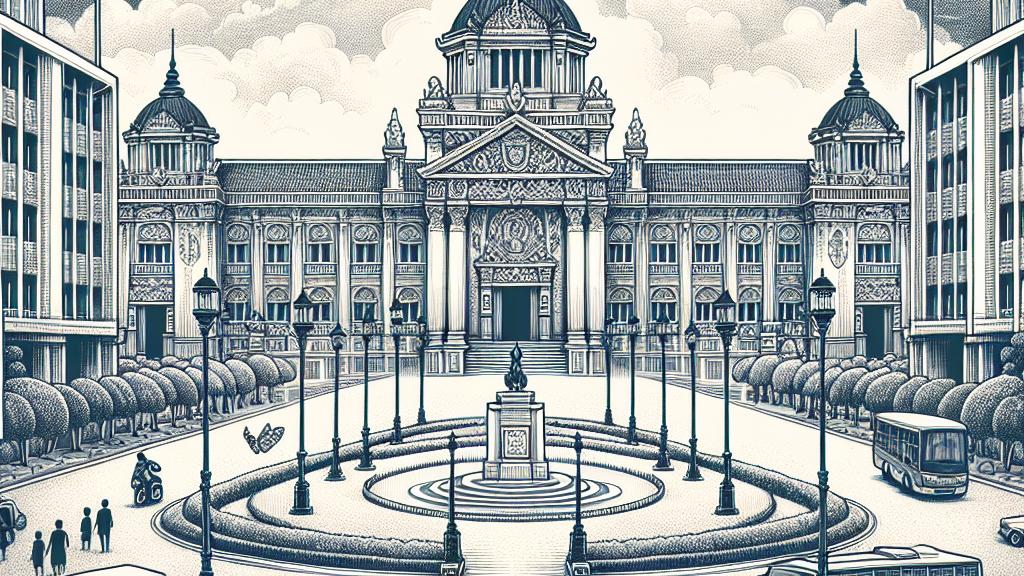Chulalongkorn University Cancels Military-Critical Book Launch
Overview
- Chulalongkorn University has shifted the launch of a controversial book off-campus in response to military pressure, raising significant concerns.
- The book, authored by the notable academic Puangthong Pawakapan, critically analyzes the Thai military's role and influence in society.
- Now relocated to the Jim Thompson Museum, this incident has sparked a wider dialogue about the limits of academic freedom in Thailand.

Cancellation Sparks Controversy
In a dramatic turn within Thailand’s academic landscape, Chulalongkorn University found itself at the center of controversy when it decided to move the launch of "Infiltrating Society: The Thai Military's Internal Security Affairs" away from its campus. The shift was prompted by mounting pressure from military officials, who expressed concerns that the discussions might incite public discord. Puangthong Pawakapan, the book’s author and a respected member of the Political Science faculty, shared her disappointment on social media, stating that university executives informed her that no campus venue would be available for the launch. This raised urgent questions about the state of academic freedom in Thai universities, as many wondered whether such censorship reflects a broader trend of stifling dissenting voices.
Academic Support and Resilience
Although the venue has changed, hope remains steadfast within the academic community. The International Relations Department continues to support the launch, now scheduled to occur at the esteemed Jim Thompson Museum, a location that honors cultural heritage and open dialogue. Participants, including prominent critics such as Thanathorn Juangroongruangkit, are expected to partake in robust discussions. Puangthong has emphasized that her research has undergone diligent scrutiny from internationally recognized experts in military and political studies. By encouraging open dialogue regarding her findings, she underscores the essential role that academic institutions play in fostering independent inquiry, especially when confronting entrenched power structures.
Broader Implications for Academic Freedom
The incident surrounding this book launch aptly illuminates the ongoing struggles facing academic freedom in Thailand and beyond. The military’s intervention to silence discourse about the book does not merely reflect localized issues; rather, it resonates with a global pattern where governments often challenge scholarly independence. Just as we see in other countries grappling with similar tensions, this signifies an urgent call for reforms. It is imperative that academic communities actively advocate for environments where critical research can flourish without fear of repression. As Thailand navigates these complexities, the necessity for open expression and rigorous scholarship becomes ever more clear. In this moment, the broader academic community must unite to challenge the encroachment on intellectual freedoms and support efforts that champion diverse perspectives.

Loading...